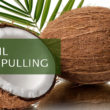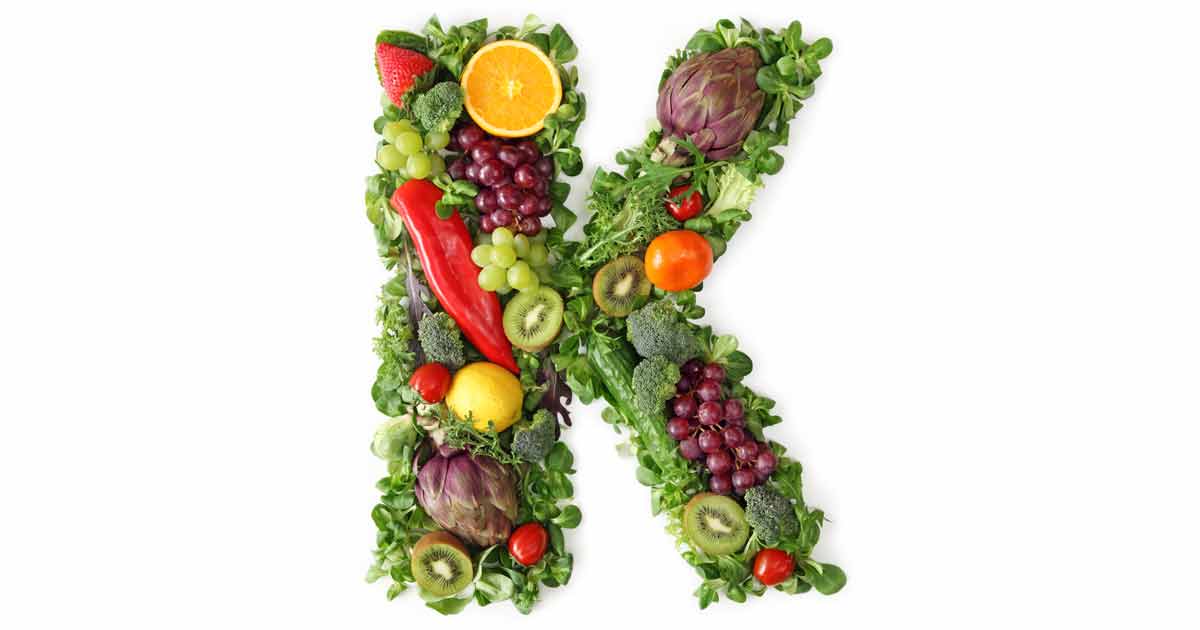When the subject matter is nutrition, certain types of vitamins seem to get more accolade than the rest. For instance, vitamin C is known for strengthening the immune system and accelerating wound healing. Vitamins A and E are revered for their anti-aging properties. The B-group of vitamins is primarily known for its role in energy and red blood cell production. Then there’s vitamin D popular for its important roles in bone health and better mood.
There is a particular vitamin that is just as important as the ones mentioned above but doesn’t seem to be getting enough much-deserved attention: vitamin K. Let’s put this vital nutrient under the spotlight so you may know it better.
Vitamin K, a fat soluble vitamin, is necessary for blood clotting. But that’s not all what this particular vitamin does. Many of its other roles seem constantly overlooked, thus it is sometimes dubbed as “the forgotten vitamin”. Other than keeping everyone from bleeding to death, vitamin K is also vital for stronger bones, healthier cardiovascular diseases and so many other processes taking place within the body.
Health Problems Related to Vitamin K Deficiency
It’s high time this vitamin gets all the attention and respect it needs because there are all sorts of health problems that may arise if a person is deficient in it. The following are some of the problems you may end up facing if you’re not getting sufficient amounts of vitamin K in your everyday diet:
- Osteoporosis
- Tooth decay
- Calcification of the arteries
- Varicose veins
- Cardiovascular diseases
- Dementia and various problems related to the brain
- Pneumonia and other infectious diseases
- Leukemia
- Cancer of the liver, prostate and lungs
If you think that vitamin K is not as important as vitamins A, B, C, D and E, you better think again.
Different Types of Vitamin K
Vitamin K comes in 3 different forms, depending on their sources and roles played. They are the following:
- Vitamin K1 or phylloquinone – Vitamin K1 goes straight to your liver and involves itself in proper clotting of the blood. The chief sources of this type of vitamin K are green vegetables. This doesn’t come as a surprise because vitamin K1 is necessitated by plants for photosynthesis — a chemical process through which plants create their food.
- Vitamin K2 or menaquinone – This form of vitamin K can be produced by the bacteria found in your intestinal tract. Additionally, it may be obtained through the diet by the consumption of dairy foods, meats, fish and fermented products. Unlike vitamin K1, vitamin K2 has the ability to go straight to your bones, blood vessels and other tissues in the body.
- Vitamin K3 or menadione – Vitamin K3 is a synthetic form of vitamin K, which means it is produced inside chemical laboratories. Supplementation with vitamin K3 is usually not recommended most especially because studies have shown that toxicity in infants injected with vitamin K3 had occurred.
Top Food Sources of Vitamin K1
As earlier mentioned, vitamin K1 can be obtained through plants as they naturally have it for photosynthesis. The following are some vegetables that can supply your body with impressive amounts of vitamin K1:
- Collard greens
- Kale
- Spinach
- Turnip greens
- Mustard greens
- Beet greens
- Brussels sprouts
- Broccoli
- Parsley
- Asparagus
- Lettuce
- Sauerkraut
Top Food Sources of Vitamin K2
Vitamin k2 can be produced naturally by the body with the help of bacteria in your gut capable of converting vitamin K1 into its K2 form. The consumption of the following allows you to enjoy your daily dose of vitamin K2:
- Hard and soft cheeses
- Butter
- Egg yolk
- Whole egg mayonnaise
- Chicken liver and breast
- Ground beef and beef liver
- Salami
- Natto
- Miso
- Oysters
- Pink salmon
- Shrimp
Other Quick Vitamin K Facts
- Vitamin K is a fat-soluble vitamin, which means it needs fat to be dissolved and metabolized, and is stored in fat throughout your body.
- The “K” in the vitamin’s name stands for “koagulation”, a German word for the clotting of blood.
- Women who are pregnant or nursing should avoid supplementing with vitamin K to avoid toxicity in infants, unless otherwise prescribed by a health professional.
- Vitamin K drives out calcium in the arteries to keep them from hardening, while helps in driving calcium into the bones to make them stronger.












